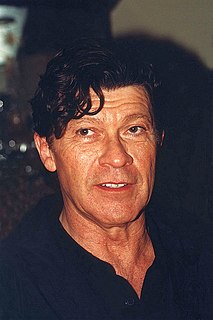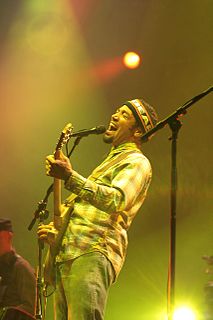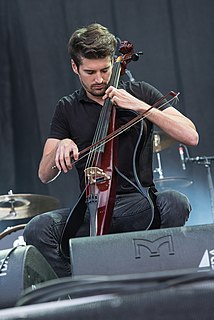A Quote by Sid Sriram
I think 'Adiye/Yadike' is unique and fresh and something new for Indian films. It brings together the blues and gospel feel with Tamil folk lyrics.
Related Quotes
Gary Burnetts office is shelved with theological books, guitars fill the floor, and the drawers are crammed with CDs. In The Gospel According to the Blues, Gary brings his vocation as a New Testament teacher together with his passion for the blues and gives the reader scholarly knowledge and wise insight.
The gospel brings things together. One of the great demonstration of the gospel's power is reconciliation. I've got friends who are surfers, doctors, lawyers, artists and entertainers. Some people are cool and some people are geeky. I look around at my friends and I think, only the gospel has the power to put together a friendship like this.
I remember the first time I was booked into a jazz club. I was scared to death. I'm not a jazz artist. So I got to the club and spotted this big poster saying, 'Richie Havens, folk jazz artist.' Then I'd go to a rock club and I'm billed as a 'folk rock performer' and in the blues clubs I'd be a 'folk blues entertainer.'


































